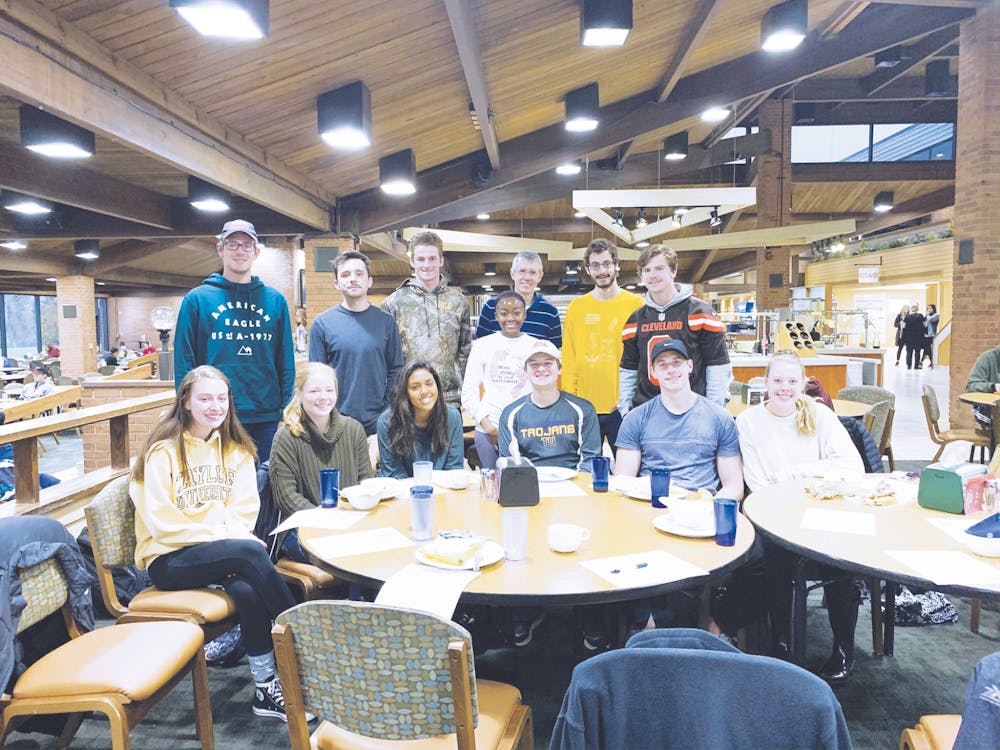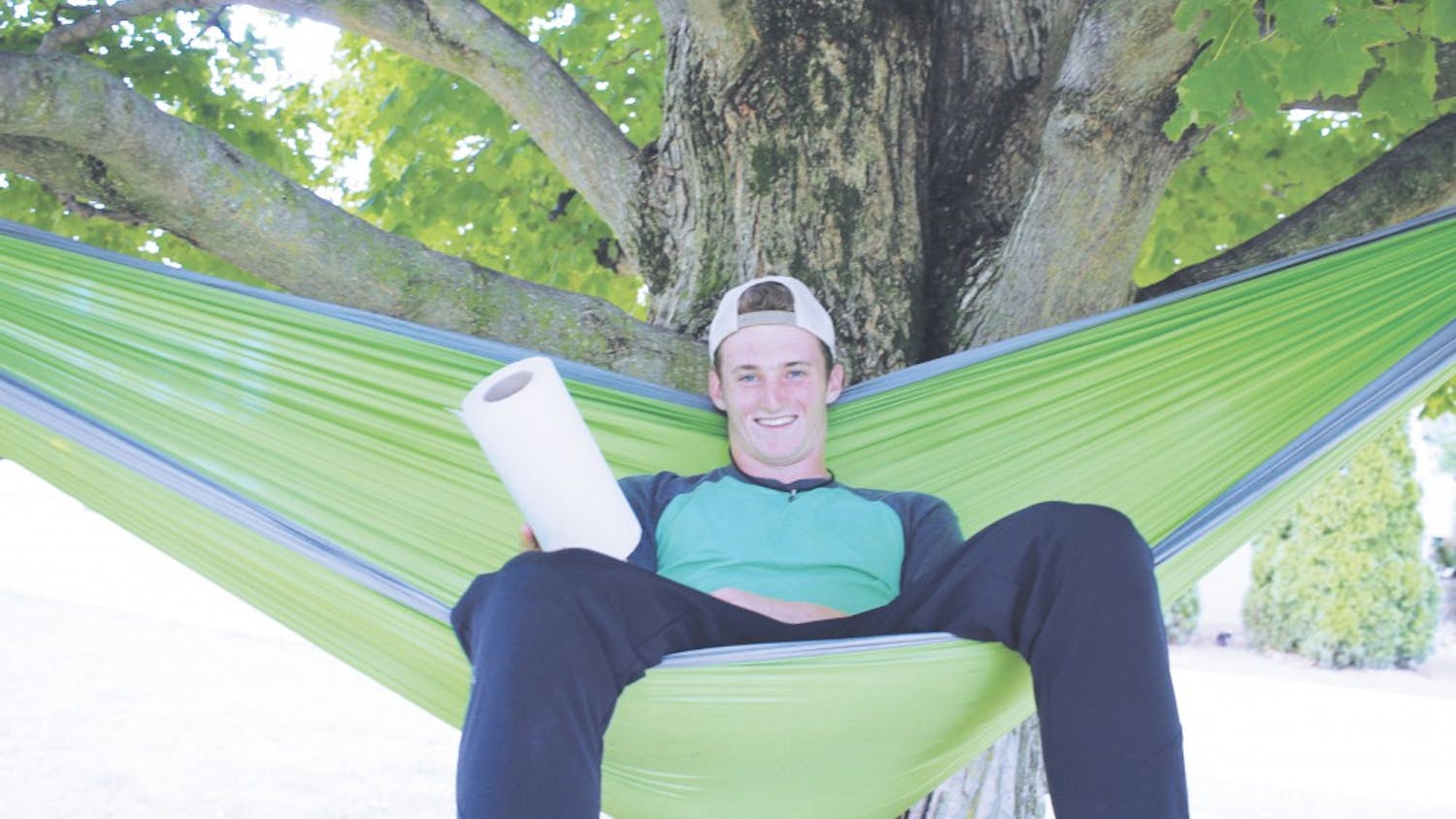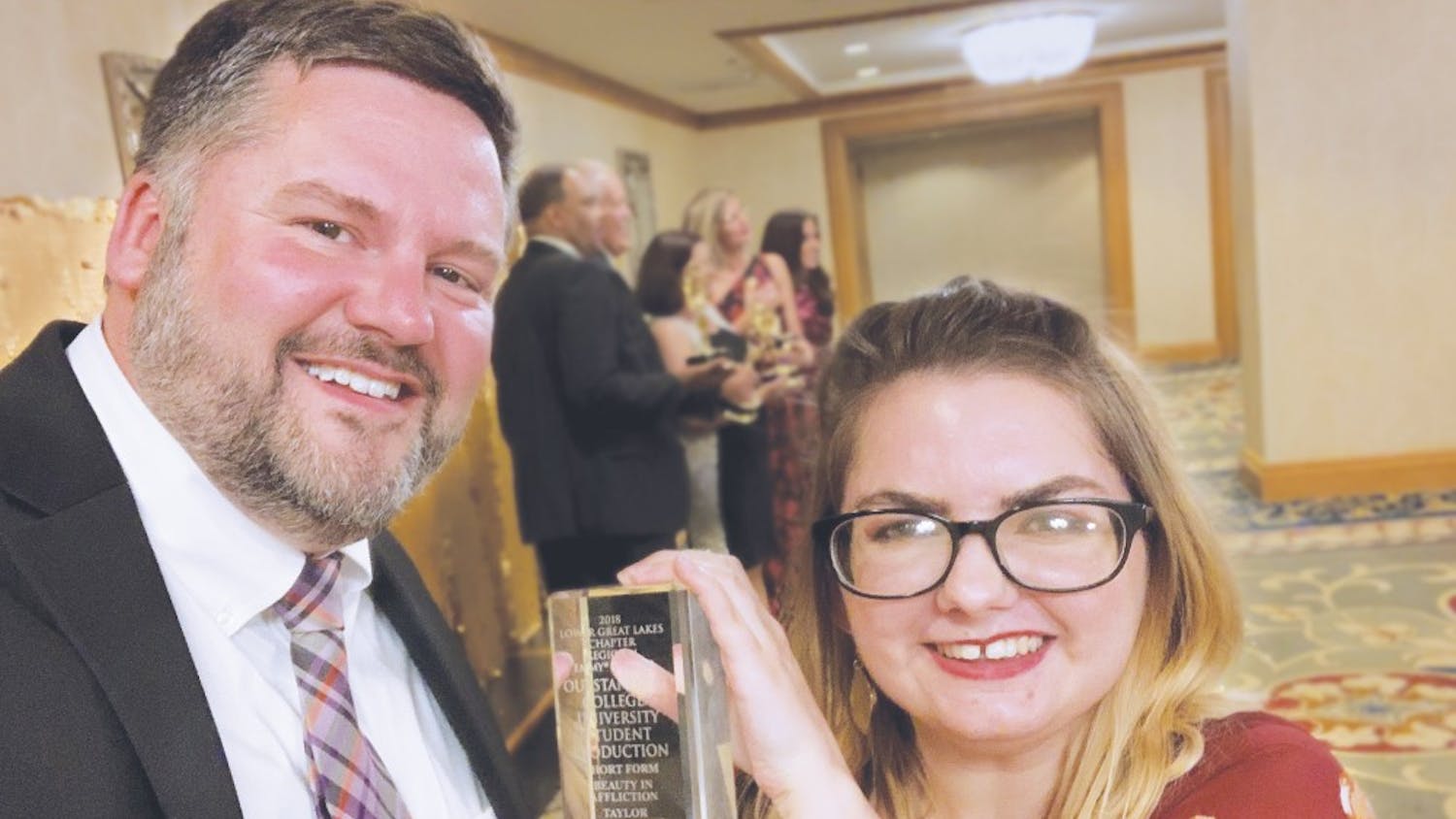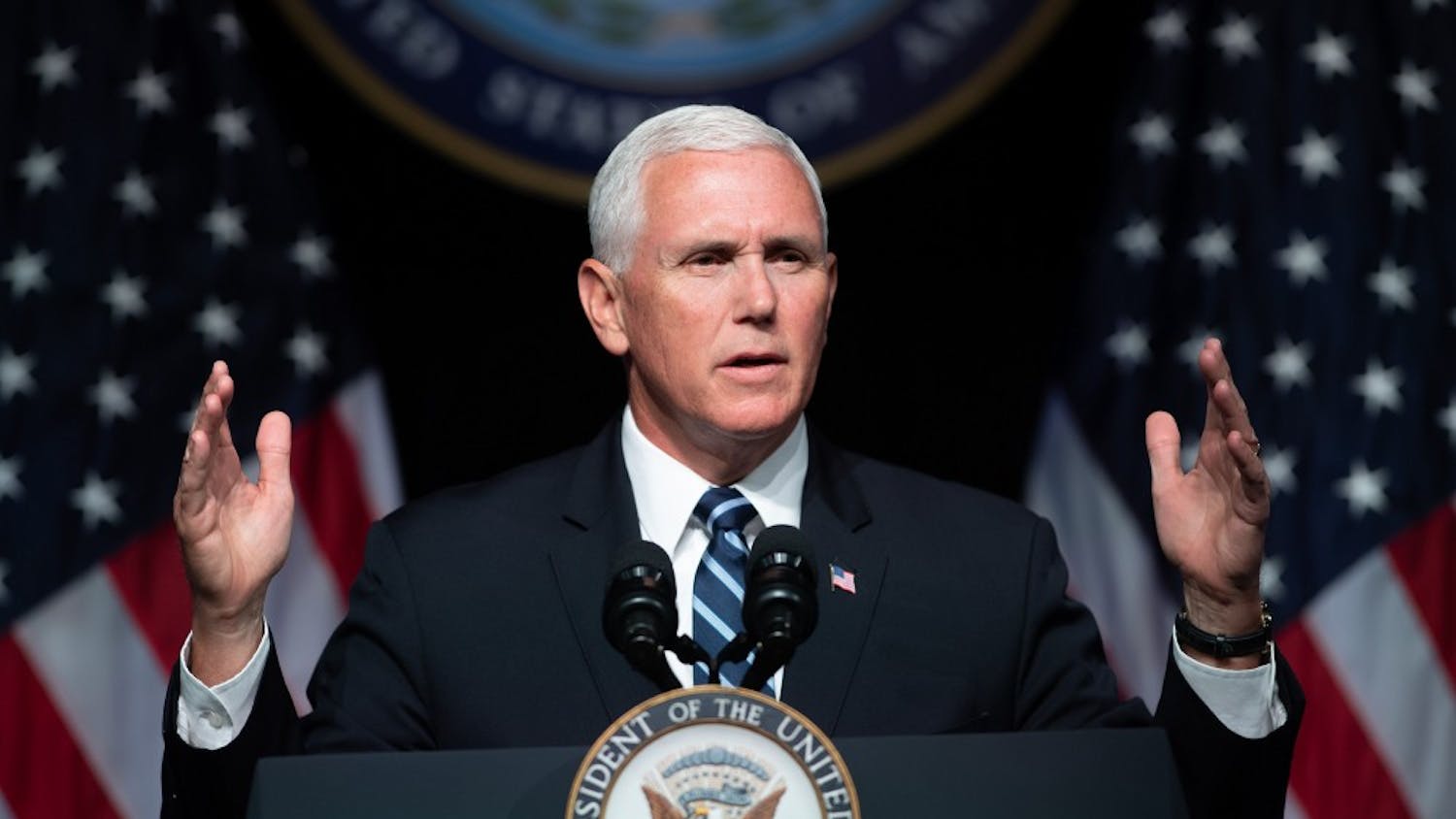Personal Assistants (PAs) and Discipleship Assistants (DAs) are well known, but what about the new SAs?
The Taylor’s Sustainability Assistant volunteer program is a group of students whose primary goal is to be an achievable example of how to live sustainably and encourage peers in conversations on issues regarding energy conservation.
During the spring semester of 2019, students in Assistant Professor of Sustainable Development Phil Grabowski’s SUS 120 class had the vision to start the group back up again after its hiatus.
Starting this semester, there are 15 SAs. At least one can be found in every dorm and the apartments. They are meant to serve as a resource for student’s questions about eco-friendly living.
“(The goal) is to spread awareness and be able to answer questions about recycling on campus, maybe even composting in the future,” said sophomore Tyler Collins, SA for Breu and Gerig hall. “Just like what the Bible says about sustainability and stewardship.”
Taylor alumnus Kevin Crosby (‘09) was first responsible for enacting the idea of SAs on campus in 2013.
In 2010 he wrote a thesis as a master’s student assessing Taylor’s environmental sustainability.
In July of 2010, Crosby was hired as the Coordinator of Stewardship and Sustainability and made significant strides for Taylor towards a sustainable campus.
Due to budget cuts come May 2014, Crosby was let go and Taylor’s sustainability program took a back seat until Grabowski joined the faculty in 2017.
In Crosby’s absence there has been a decline of eco-consciousness on Taylor’s campus.
“It seems like God's people should be the ones in the forefront of caring for his creation and thinking about how we use the resources in this world and yet, it's pretty apparent that we treat the world the same way as everyone else,” Associate Professor of Computer Science and Engineering Jeff Cramer said. “It's inconsistent with a biblical way of living.”
Cramer said we fall short of what we can be doing for sustainability when we pit the care of Creation against evangelism because we think doing so detracts from the sharing of the Gospel.
Taylor’s SA volunteer leadership position description is based on the belief that believers are supposed to care for God’s creation. One of the essential responsibilities is to promote stewardship of God’s creation by being a model of sustainable behavior.
Collins’ current perspective on Christains dealing with sustainability is that they don’t care about God’s creation at the moment and there is a need to call attention to the importance of our environmental responsibility.
Since the reintroduction of SAs on campus, Taylor has begun to take concrete steps in the direction of stewardship once more.
However, it takes more than a group of student leaders to effect significant change. It will take an effort by the entire Taylor body to create lasting impact.
“I think Taylor needs to take the lead in showing students, how it's done. Ultimately students have to make a choice on how they want to go about sustainability, but Taylor has to start by showing the students that we take it seriously,” Cramer said.
People who tend to hold reservations with the push for sustainability often believe that it comes at great financial costs. However, at Taylor cost is not a barrier. Instead, the barrier is the willingness to act.
Taylor recycles through Werner and Son, Inc. located in Frankfort, Ind., and gains a small profit for the recycling Taylor collects.
“That's the great thing about recycling — we make money on recycling,” Grabowski said. “Not much, it's really like pennies, but we have to pay for everything we throw in a dumpster that goes to the landfill.”
Grabowski is calling on Taylor to establish a culture of recycling. This includes not pitching trash into the recycling cans around campus. He said that would be the number one thing he would change, because once one person decides to throw their salad in the recycling, the whole recycling bin is contaminated and has to be thrown out.
Whether this error is due to an individual’s lack of education or their religious background, it is the SA’s role to come alongside them and spread awareness.
Grabowski and the students are currently experimenting with a compost tumbler behind the Randall Environmental Center and if all goes well, they will also be implementing composting next to each dorm.
The group hopes to begin introducing themselves to their PAs and DAs on their floor, meet people on their wing and start conversations. The long-term goal is to provide better instructions for recycling, introduce recycling back on every floor, implement composting outside every dorm and hold campus wide events.
“Be encouraged the work that you do as an SA is as much a part of Kingdom work as any other
student position on campus,” Cramer said.
The SAs are a volunteer group who meet every other week at 8 a.m. Email Grabowski at (philip_grabowski@taylor.edu) to learn how to get involved.





